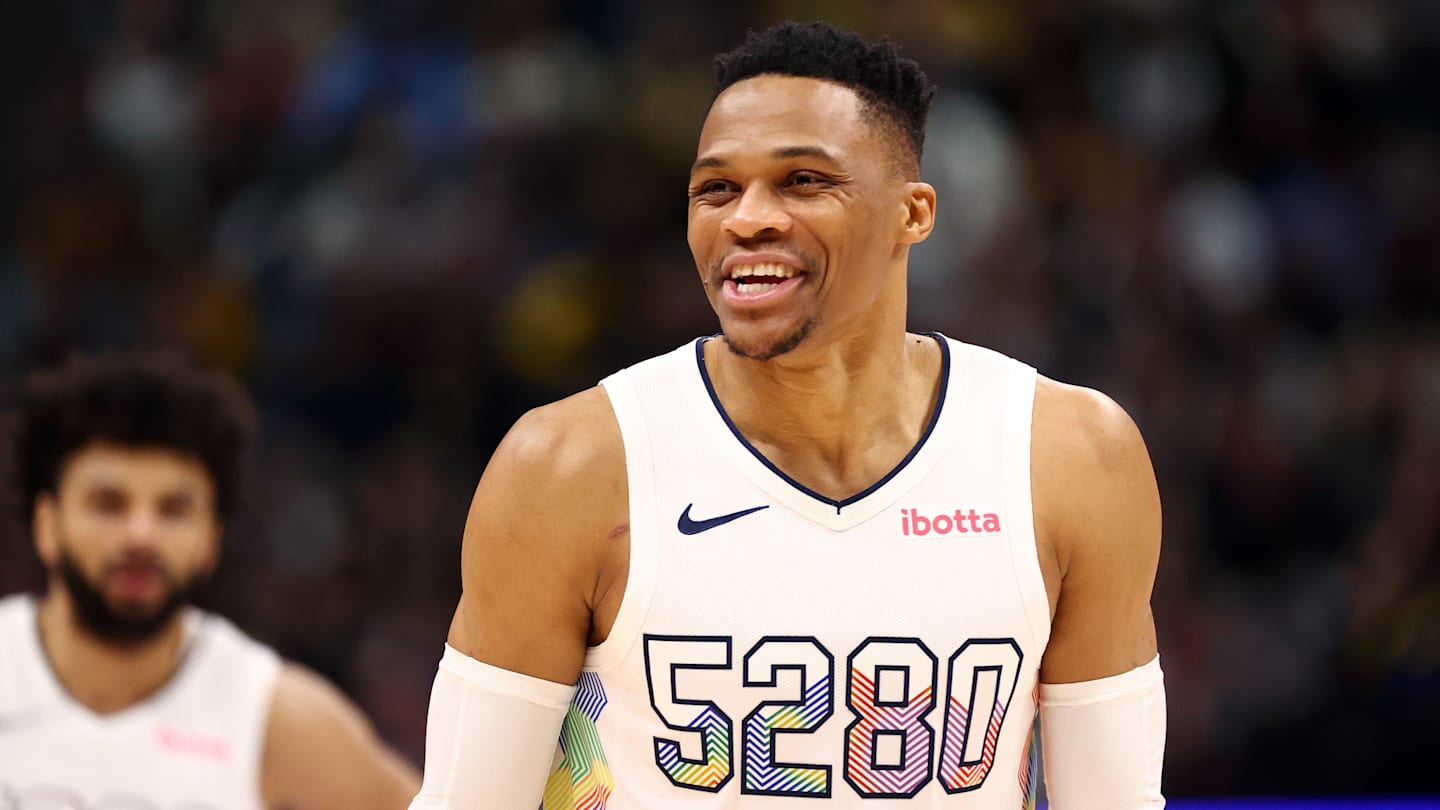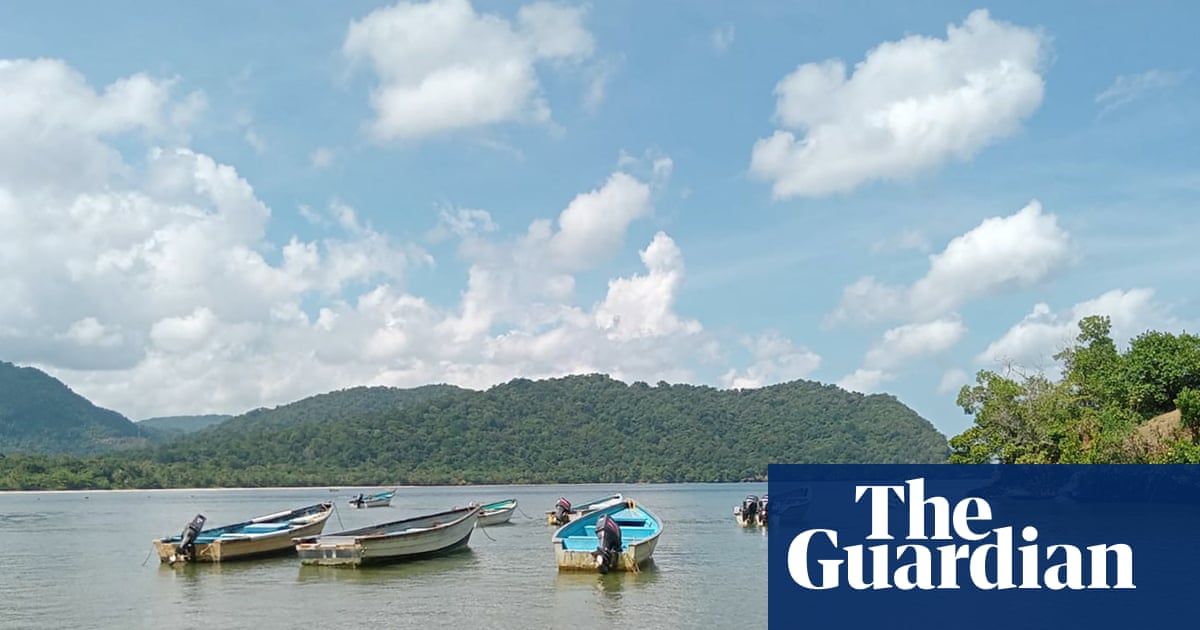The Pohlad family’s stunning about-face on a potential sale of the Twins earlier this week sent shockwaves throughout the fanbase in Minnesota. Executive chair Joe Pohlad announced Wednesday that his family would continue on as the principal owners of the Twins and welcome two new limited partners into the ownership group instead of selling a majority stake in the team.
Additional details have since surfaced. Dan Hayes and Britt Ghiroli of The Athletic report that the new incoming minority owners purchased a combined stake that constitutes more than 20% of the franchise. However, there’s no agreed-upon path for the new partners to grow their stake in the team, as we’ve seen in recent ownership shifts with the White Sox and Guardians, where Justin Ishbia and David Blitzer will reportedly increase their stake annually with an eye toward eventually becoming the majority owners. Hayes further reports that the roughly 20% stake of the Twins was sold at a valuation that exceeds Sportico’s recent $1.7 billion valuation of the franchise.
In the aftermath of his announcement, Joe Pohlad sat down with Phil Miller of the Minneapolis Star Tribune to discuss the change in direction. “I don’t think we could have imagined a better outcome than where we landed,” he told Miller. That comment (unsurprisingly) has been near-universally panned by a fanbase that has been desperate for new ownership for decades, dating back to the late Carl Pohlad’s efforts to sell the team to a group that would’ve moved the Twins to North Carolina and his subsequent efforts to allow his team to be contracted.
The reported $425MM of debt the Twins had accrued has been said to have served as a major impediment in the Pohlads’ exploration of a sale, though Joe Pohlad pushed back on that notion in his chat with Miller, telling him: “As far as I’m aware, that debt was not a hindrance in this process.”
It’s a fairly remarkable claim to make with a straight face, given that the $425MM figure represents one-quarter of the franchise’s estimated $1.7 billion value. The notion that such a substantial figure did not adversely impact the sale process or dissuade potential buyers is difficult to believe. Regardless, Pohlad added that with the influx of the new minority partners, the Twins are “paying that debt down.” Whether that refers to a portion or the total sum isn’t clear.
Pohlad’s additional comment that his front office’s trade deadline fire sale were “truly primarily baseball decisions” has been met with further incredulity. The general expectation for the Twins in the run-up to the deadline was that Minnesota would sell off rental pieces like Chris Paddack, Willi Castro, Harrison Bader, Danny Coulombe and Ty France.
That quintet was indeed traded, but president of baseball operations Derek Falvey also shipped out controllable relievers Jhoan Duran, Griffin Jax, Louis Varland and Brock Stewart. Most notably, the Twins dumped $70.5MM of the remaining $103.5MM of their franchise-record deal with Carlos Correa on his old Astros club — and did so for virtually no return. Left-hander Matt Mikulski, the pitcher they received from the Astros, was a second-round pick by the Giants in 2021 but is now 26 years old and still in High-A, where he has an 8.00 ERA with more walks than strikeouts. The Giants released Mikulski at the end of spring training this year, and he signed a minor league deal with Houston just two months before he was traded to Minnesota.
It’s true that the Twins did get some quality returns for the players they shipped out. Duran brought lauded catching prospect Eduardo Tait and MLB-ready right-hander Mick Abel. Jax netted Taj Bradley, who isn’t far removed from being one of the game’s top pitching prospects and still has four additional years of club control. Varland netted a big-league-ready outfielder (Alan Roden) and an arrow-up pitching prospect (Kendry Rojas). Following the Twins’ slate of deadline deals, their farm system ranks second in the game at MLB.com and fourth at Baseball America. FanGraphs’ Eric Longenhagen ranked all 97 prospects traded at this year’s deadline, and the Twins collected four of the top 11 names.
That focus on bolstering the farm and slashing payroll only raises questions about the offseason direction, however. In theory, the Twins could turn around, reinvest a significant amount of the payroll they just shed, and aim for a swift return to contention. What seems far likelier is that the teardown will continue, with catcher Ryan Jeffers and right-handers Joe Ryan, Pablo Lopez and Bailey Ober among the most logical names to hit the trade market in the offseason. Pohlad declined to give any sort of indication as to what lies ahead in terms of roster construction, telling Miller only that he’ll sit down with Falvey, GM Jeremy Zoll and others once the current season ends to plot that course.
Source link


